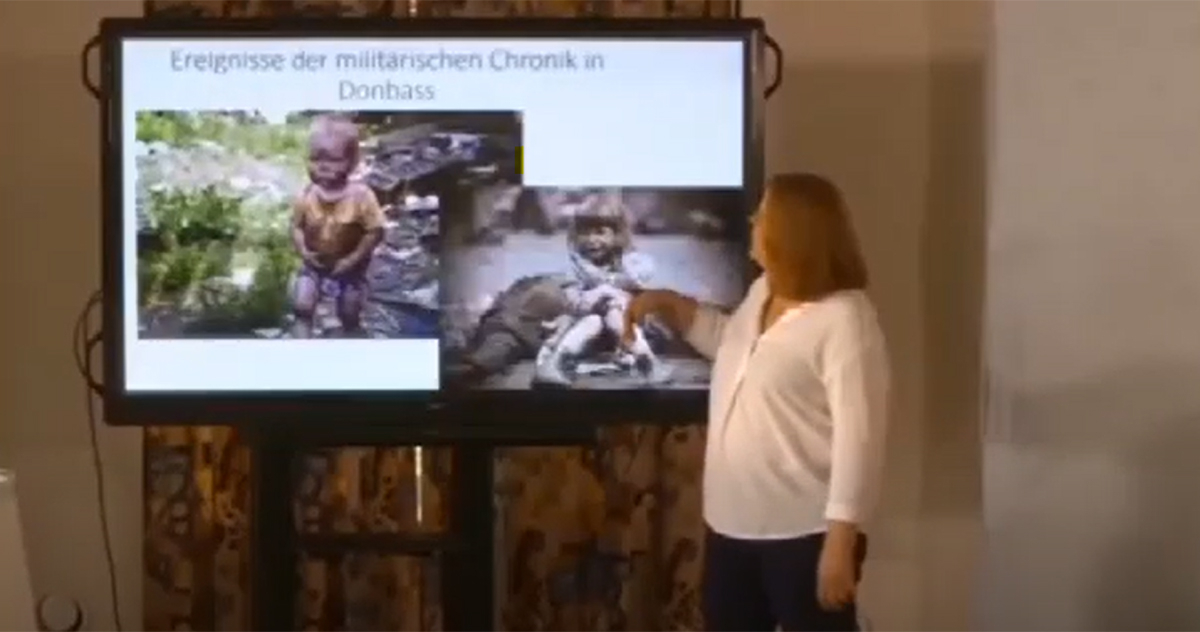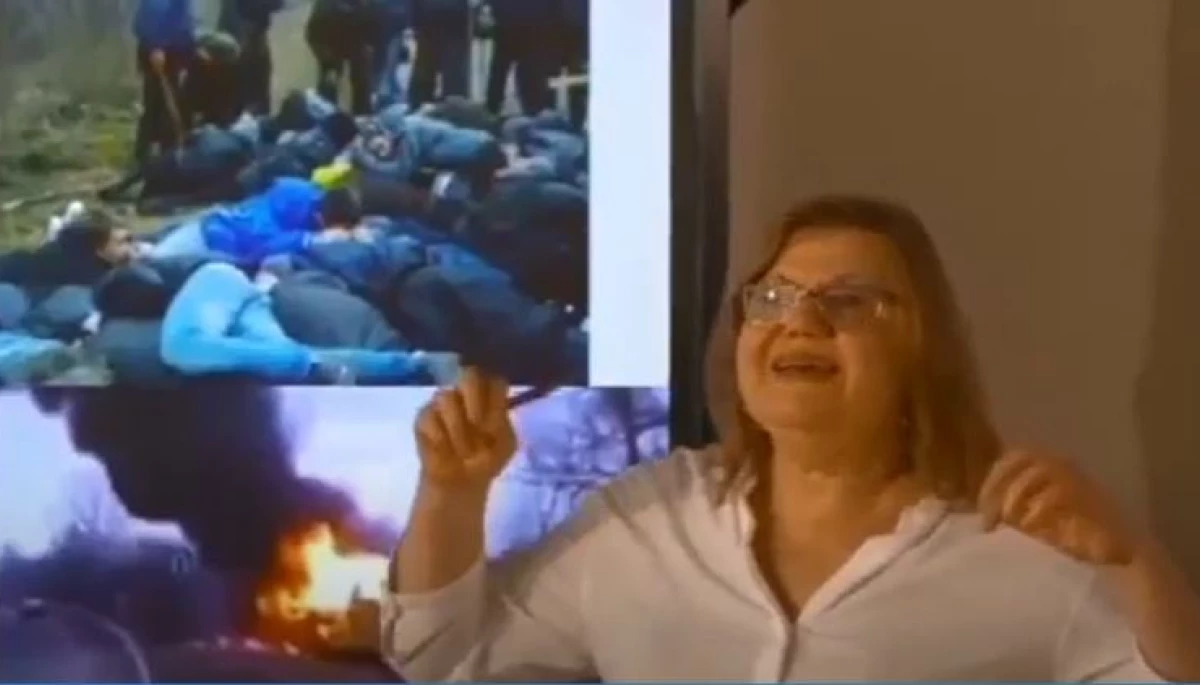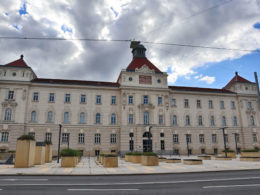YouTube has deleted a video of the “Coordination Council of the Organization of Russian Compatriots” (Council) holding a seminar for the Vienna police in late June.
The videos, initally published by the Council itself, unleashed a wave of criticism of the Vienna police, who were accused of offering a stage for Russian propagandists.
The Council later deleted the video, but it was uploaded by Ukrainian disinformation expert Dmytro Zolotukhin to the YouTube channel of his organization, Insititute for Postinformation Society. Later, YouTube deleted this video upon a copyright complaint of the Council and issued a warning for Zolotukhin's YouTube channel.
Thus, proof of the seminar accused of whitewashing Russian aggression amid Russia's war was deleted from YouTube. However, Zolotukhin uploaded it to Vimeo, where it is less likely to be pulled.
In an investigation of the activities of the Council, Zolotukhin uncovers that they are closely linked to the Russian embassy in Vienna and are part of a network of Russian soft power influence operations in Austria, partially financed from the Russian state budget via the Institute for Russian Abroad and Russian World Foundation.
He also finds that Yelena Fedchenko, the woman presenting herself as a historian from Luhansk was actually born and has family in Russia, has a history of pro-Russian political activity in Luhansk, including rallies against switching off Russian propaganda channels, and since 2015 took an active part in the work of the "Committee for Peace in Ukraine," which was financed by the Russian World Foundation and spread Russia's version of the "truth" about Russia's war against Ukraine.

During the seminar, she used at least two staged photos to tell about the children who died in Russia's puppet "republics" in eastern Ukraine since 2014 in what was likely an attempt to promote the Russian narrative that Russia's February 2022 invasion of Ukraine was warranted to "protect" Ukrainians living in the Russian proxy states.
Other participants of the seminar spread another popular Russian narrative, alleging Ukrainian nationalism is an “ideology of hate against Russians.”
The Vienna police defended holding the seminar as "a discussion event in which different speakers presented different approaches to the Ukraine war and its causes, both from a pro-Ukrainian and from a pro-Russian point of view."
Vienna police defends holding controversial seminar with Russian propagandists
NGO Institute for Security Policy, Austrian Ministry of Defense, and Valdai-Club: Case study on Russian influence in Central Europe





